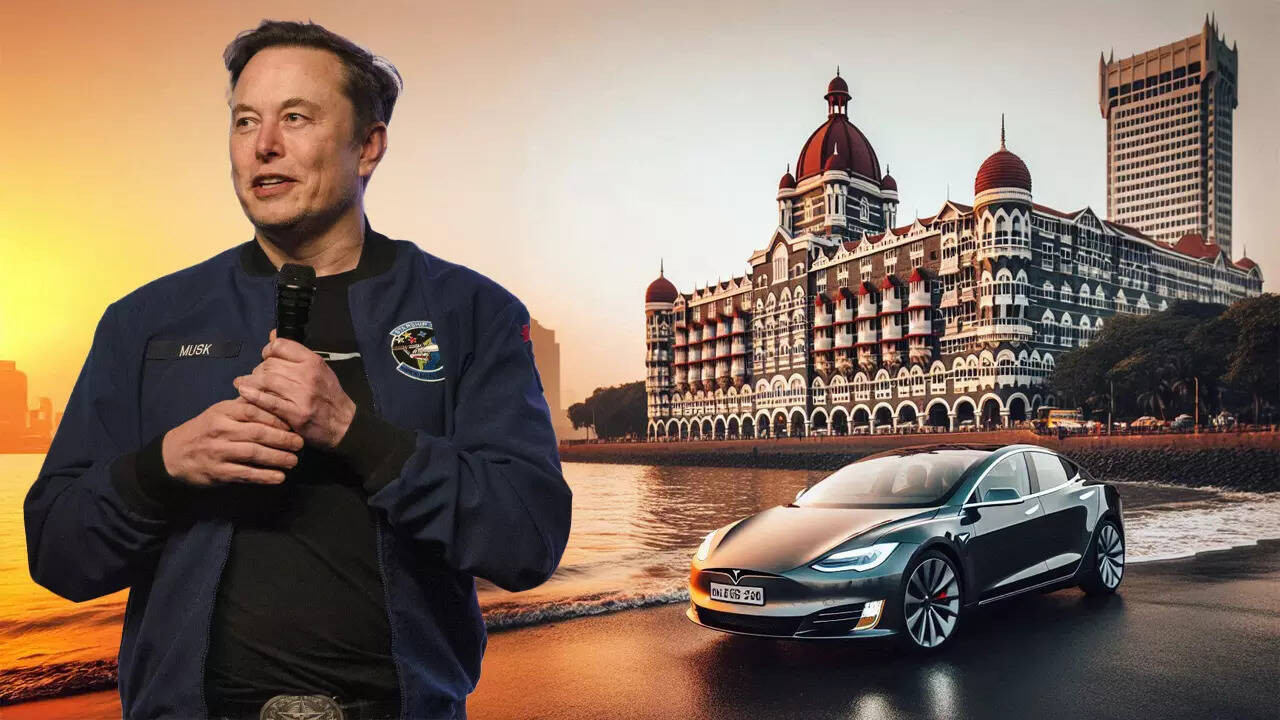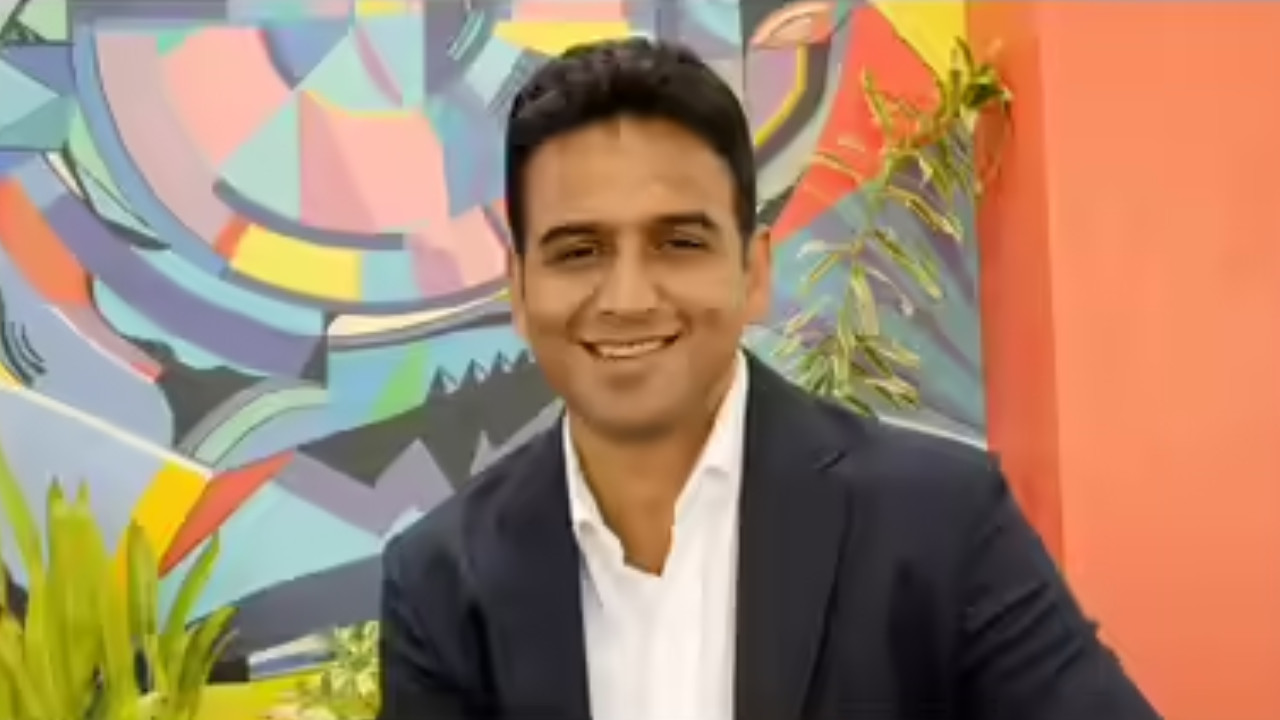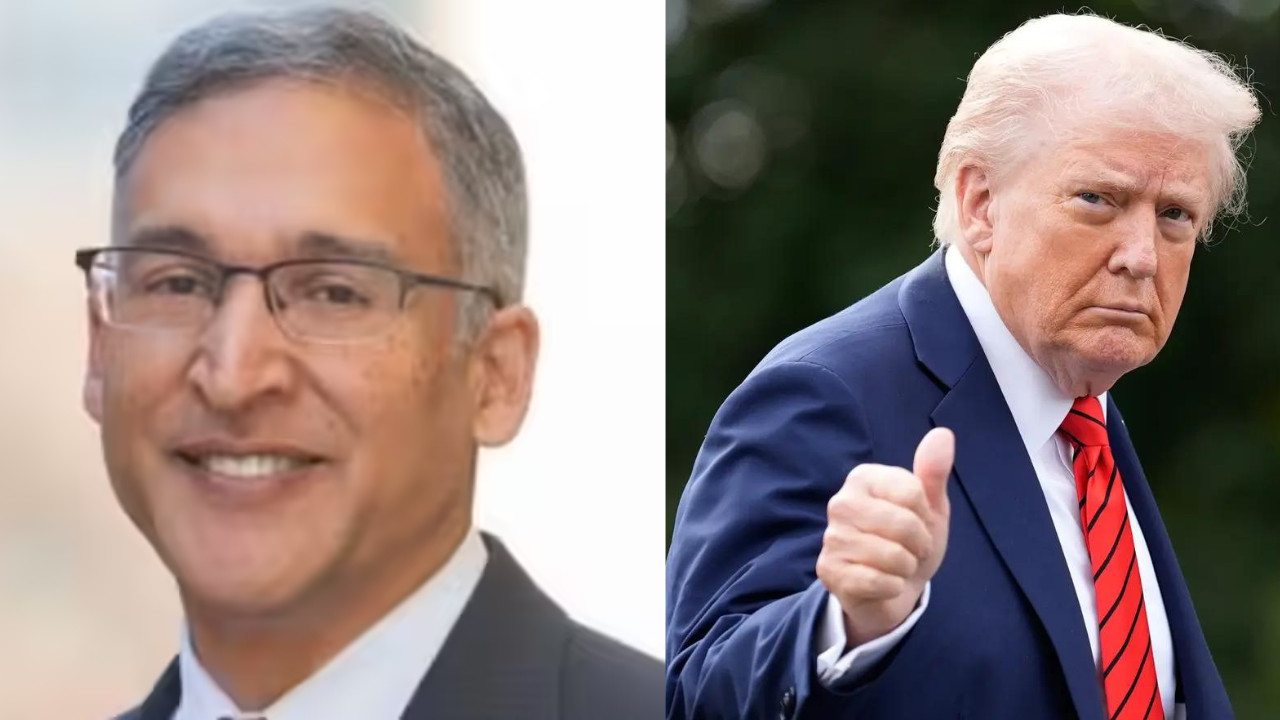Tesla is set to debut in India this July with showrooms in Mumbai and New Delhi, importing Model Y SUVs from its Shanghai facility. Despite high import duties pushing the price above $56,000, Tesla aims to penetrate the cost-conscious Indian market.
Is India Finally Ready to Ride the Tesla Wave? Musk’s Big Bet Heats Up the EV Market
So, the electric vehicle (EV) world is buzzing again, and guess who’s at the center of it? Yep, Elon Musk and his Tesla empire. This time, it’s not about rockets blasting into space, but a potential electrifying disruption of the Indian automotive landscape. The rumors are thickening, solidifying into something that looks a whole lot like a serious, wheels-on-the-ground push.
Forget the speculation, let’s talk realities. The word on the street (and from trusted sources) is that Tesla is gearing up to launch showrooms in India as early as July. Imagine that: walking into a sleek, minimalist space, finally able to see, touch, and maybe even test drive the car that’s been captivating imaginations globally for years.
But why now? What’s changed in India to make Musk, notorious for his… selective market entries, finally pull the trigger? Well, for starters, India’s EV market is finally starting to show some serious muscle. The infrastructure is slowly but surely improving, government incentives are getting juicier, and, perhaps most importantly, Indian consumers are getting increasingly savvy about the benefits of ditching gasoline.
For years, the biggest hurdle for Tesla in India has been cost. Import duties are, shall we say, astronomical. Importing a Model 3 from China, even after leveraging Tesla’s well-oiled manufacturing machine there, would reportedly land the price tag north of $56,000. Ouch. That puts it squarely in the luxury car territory, far beyond the reach of the average Indian car buyer.
This high cost has clearly given Musk pause, and rightfully so. He’s not just trying to sell cars; he’s trying to ignite a revolution. A revolution needs to be accessible, and a $56,000 EV, even a Tesla, doesn’t exactly scream “mass adoption” in a price-sensitive market like India.
So, what’s the solution? The answer, everyone believes, lies in local manufacturing. Building Tesla vehicles right here in India would slash those crippling import duties, making them significantly more competitive. It’s the long game, a strategic investment in a market with enormous potential.
And that’s where the real intrigue begins. While the showroom launch is exciting news, the bigger question is: when will we see a “Made in India” Tesla rolling off the assembly line? Rumors have swirled for years about potential factory locations and partnerships. A lot of things have to fall into place: land acquisition, regulatory approvals, supply chain development, and, of course, the small matter of building a world-class manufacturing facility.
What makes this launch attempt different from previous aborted attempts? Perhaps it is the maturing market, but perhaps it is India’s recent focus on getting it’s manufacturing sector up to par with the rest of the world. Whatever the reason, India is more ready than ever, and Musk knows it.
Now, let’s talk about the potential impact. Tesla’s arrival could send shockwaves through the Indian auto industry. Existing players, both domestic and international, will have to up their game to compete. We could see a flurry of new EV models hitting the market, faster charging infrastructure being rolled out, and a general acceleration of the electric vehicle revolution.
Of course, it’s not all sunshine and roses. Challenges remain. India’s power grid still relies heavily on coal, so the environmental benefits of EVs are somewhat diminished. The charging infrastructure, while improving, is still patchy in many areas. And competition from established players like Tata Motors, Mahindra, and Hyundai, who already have a significant foothold in the Indian EV market, will be fierce.
But here’s the thing: Tesla is Tesla. It’s not just a car company; it’s a cultural phenomenon. It has a brand cachet that few automakers can match. And Elon Musk, love him or hate him, is a master of generating hype and excitement.
Ultimately, Tesla’s success in India will depend on a complex interplay of factors: government policies, infrastructure development, consumer sentiment, and, of course, Tesla’s ability to deliver a compelling product at a competitive price. But one thing is certain: the stakes are high, the potential rewards are enormous, and the next chapter in the Indian EV story is about to be written. Buckle up, it’s going to be an electrifying ride.







